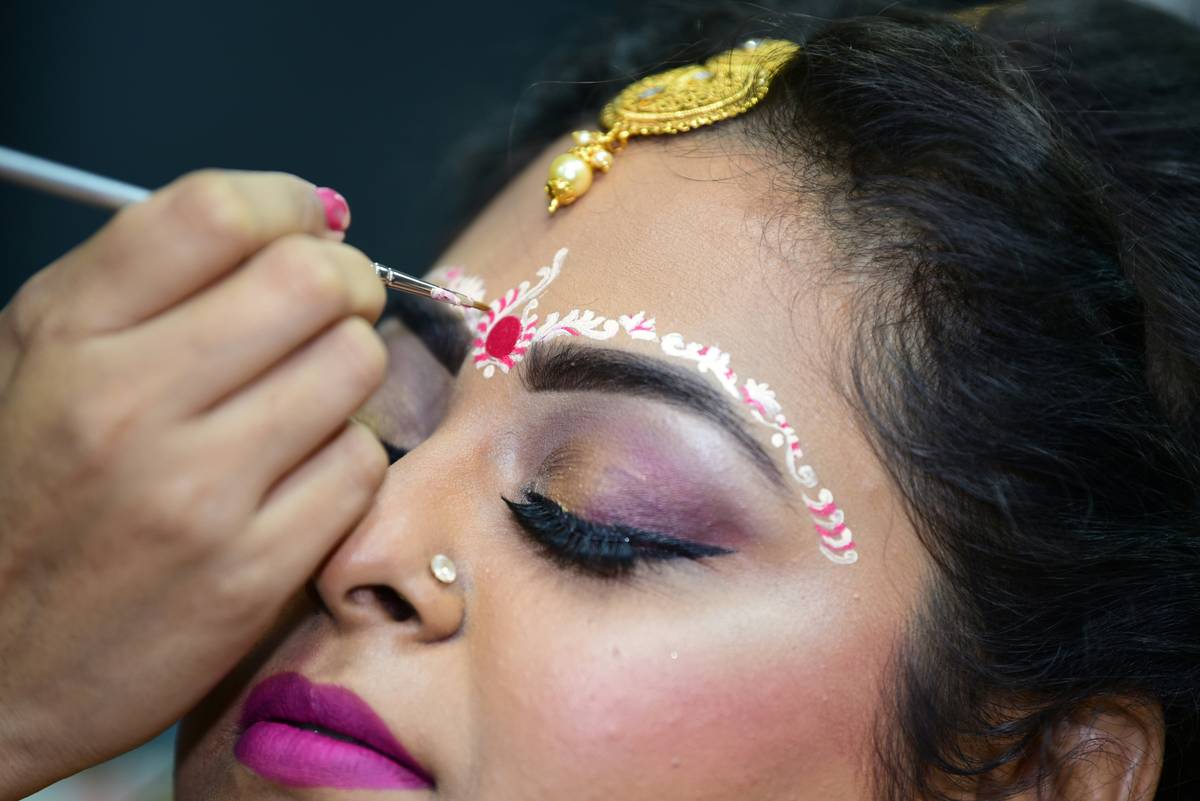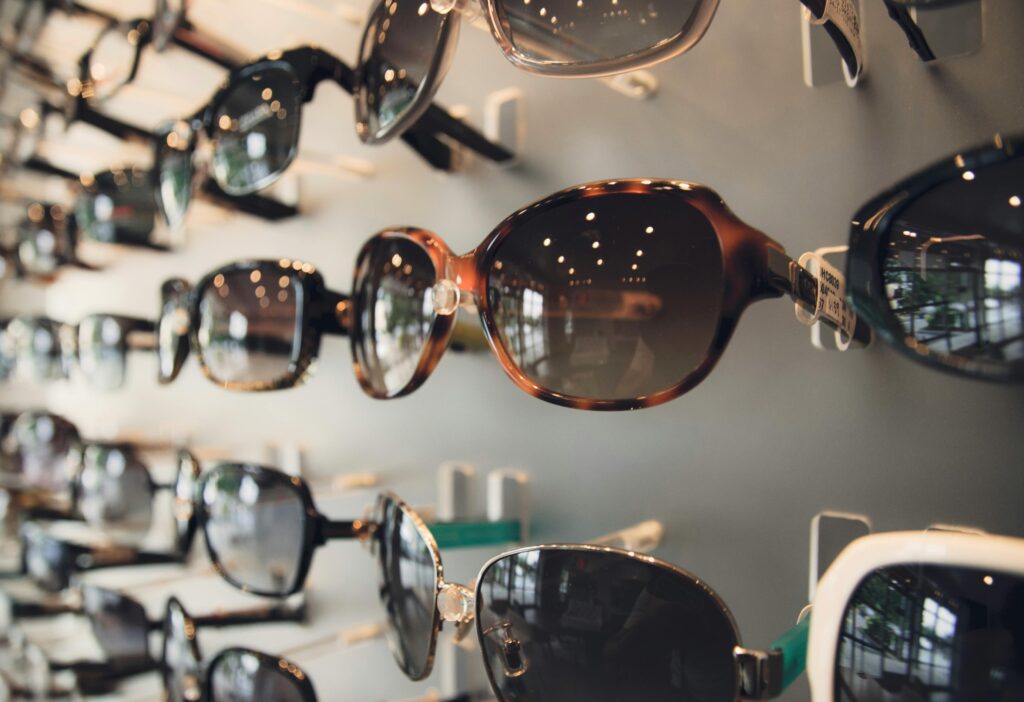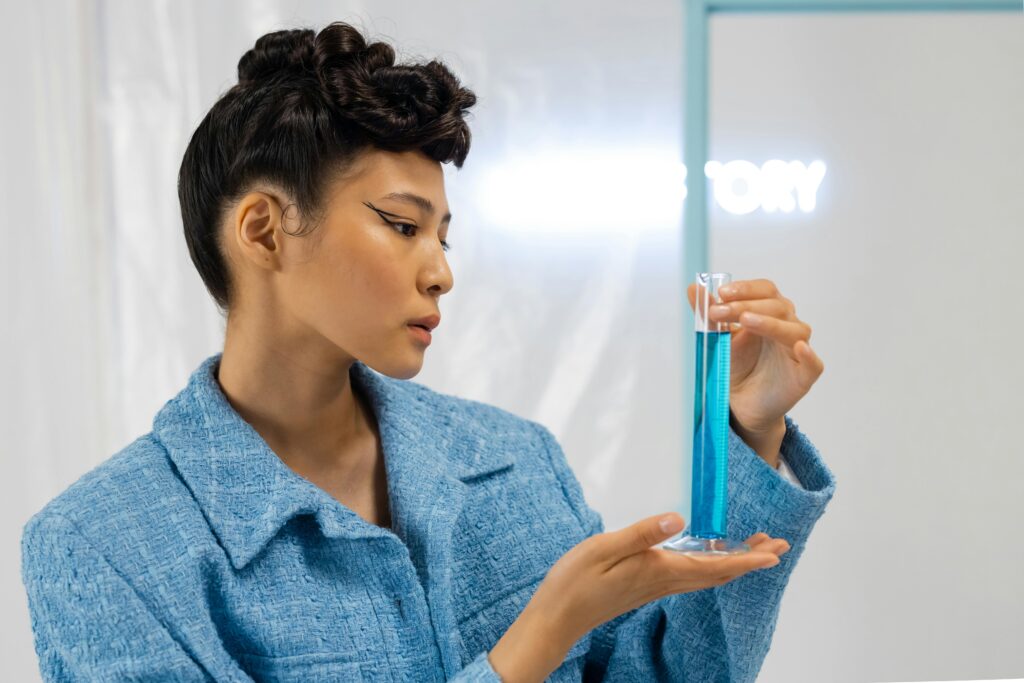Ever stared at a Vogue cover and thought, “How do they make skin look like silk and eyes pop like fireworks?” Yeah, we’ve all been there. Editorial makeup isn’t just about slapping on foundation; it’s an art form that demands precision, creativity, and a touch of magic.
In this post, we’ll dive deep into the world of upscale makeup artistry. You’ll learn how to master techniques that scream luxury, avoid rookie mistakes, and even discover what NOT to do in editorial work (spoiler: glitter bombs aren’t always your friend). Let’s get started!
Table of Contents
- Why Editorial Makeup Matters
- Step-by-Step Guide to Achieving Editorial Perfection
- Pro Tips for Standout Upscale Makeup Artistry
- Real-World Examples of Flawless Editorial Work
- FAQs About Editorial Makeup
Key Takeaways
- Editorial makeup is about storytelling through bold, polished looks.
- Use high-quality products and tools to achieve a flawless finish.
- Experimentation is key—but so is understanding when enough is enough.
- Avoid overloading your look with trends; keep it timeless yet edgy.
Why Editorial Makeup Matters
Picture this: A glossy magazine spread where the model looks otherworldly. That’s not just good lighting—it’s upscalized makeup artistry at its finest.
But let’s rewind for a moment. When I first tried my hand at editorial makeup, I made a colossal fail—using neon green eyeshadow as a base because “it looked cool under studio lights.” Spoiler alert: It didn’t translate well in print. The lesson? Editorial makeup isn’t just about looking great up close; it must shine under every lens angle and editing condition.
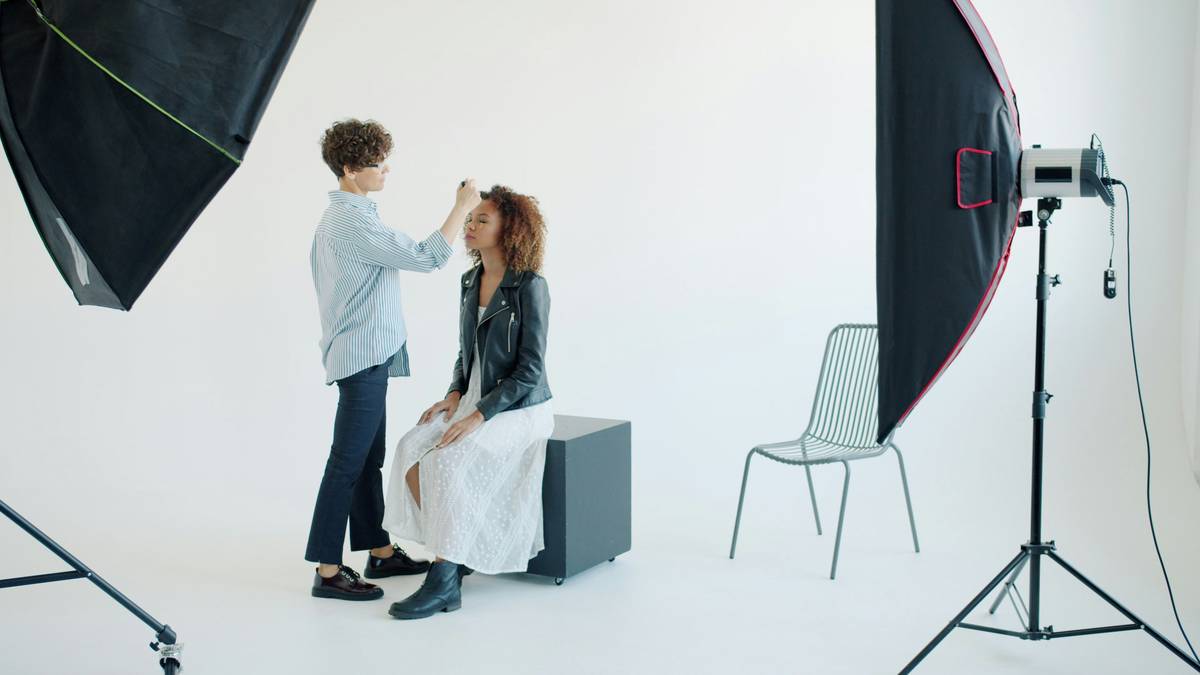
Optimist You:* ‘This could be my big break into editorial work!’ Grumpy You: ‘Ugh, fine—but only if coffee’s involved.’*
Step-by-Step Guide to Achieving Editorial Perfection
Step 1: Prep Like a Pro
Your canvas matters. Start with a hydrating primer followed by a foundation that blends seamlessly without creasing. Think HD-ready skin.
Step 2: Define Bold Features
Editorials thrive on drama. Go heavy on contour, but blend like your life depends on it. Use liquid eyeliner to craft sharp wings—no wobbliness allowed.
Step 3: Finish with Precision
This is where luxe products come in. Matte lipsticks, pressed powders, and setting sprays are your best friends. They ensure longevity and prevent shiny T-zones from ruining shots.
Pro Tips for Standout Upscale Makeup Artistry
- Invest in Quality Brushes: They’re worth every penny. Cheap brushes can ruin even the best product application.
- Know Lighting Conditions: Always ask if you’ll be shooting indoors or outdoors. Adjust foundation tones accordingly.
- Less Is More (Sometimes): Don’t fall into the trap of over-accessorizing the face. Minimalism often wins.
- Terrifying Tip Disclaimer: Avoid metallic shadows unless explicitly asked—they can reflect light weirdly during photoshoots.
Real-World Examples of Flawless Editorial Work
Remember Rihanna’s iconic Dior campaign? Her flawless skin and statement lips became aspirational goals for millions. Notice how every detail was deliberate—from her perfectly arched brows to her velvety matte lipstick. This level of polish defines upscale makeup artistry.
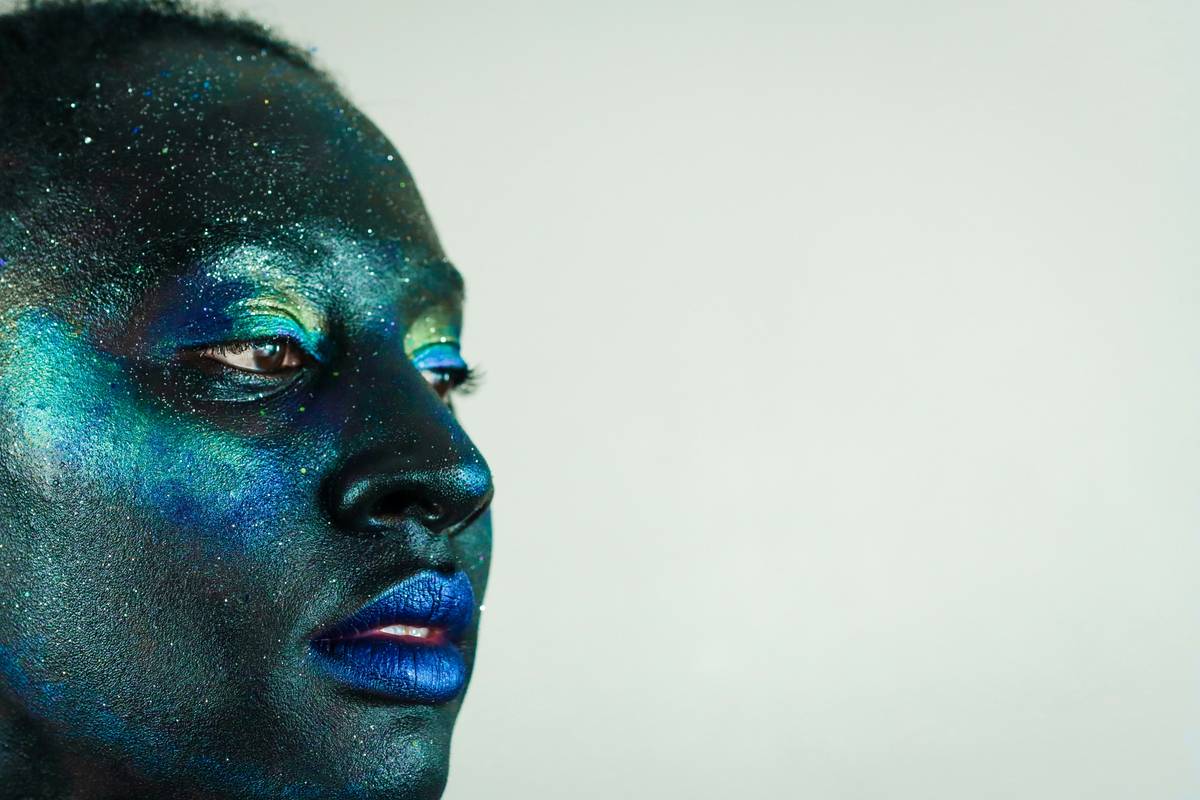
FAQs About Editorial Makeup
Q: Do I need expensive products for editorial makeup?
Absolutely not! While high-end brands offer durability, drugstore finds can also deliver stellar results with proper technique.
Q: Should I stick strictly to trends?
Nope. Trends fade faster than last season’s highlighters. Focus on creating timeless yet modern looks instead.
Q: Can beginners succeed in upscale makeup artistry?
Yes—if you practice relentlessly. Start small, build a portfolio, and seek constructive feedback. Rome wasn’t built in a day!
Conclusion
You’ve unlocked the secrets to scaling new heights in upscale makeup artistry. Remember, editorial makeup is equal parts technical skill, creativity, and knowing when to rein yourself in. Now grab those brushes and create some magic—you’ve got this!
Oh, and one last thing… Like a Tamagotchi, your SEO needs daily care. ✨
